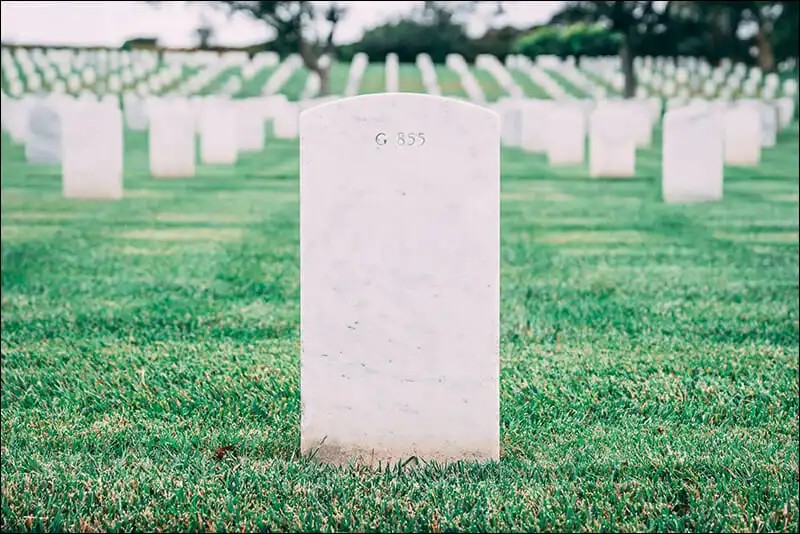What is at the root of addiction? It is a question that we get asked many times and unfortunately, there is no easy answer.
The truth is, addiction can be a very individualistic experience that can be brought on by everything from genetics, to trauma, to the pressures of modern-day life.
One common thread that we have seen in a large proportion of our addiction clients, however, is the “coping mechanism scenario,” particularly when it relates to grief.
Grief can reveal itself through a variety of scenarios. One of the more common triggers is the
death of a loved one.

But just as easily, people can experience these feelings of
grief after
a job loss,
a breakup or even
a missed opportunity.
Whatever the reason, something that was in your life may now be gone and these unresolved feelings can easily drive someone to want to “numb the pain.” And if you happen to have previously battled an addiction, grief can also contribute to a relapse.
Grief, Loss and Healing
At
Iris Healing®, we are very familiar with
grief, loss and the healing that needs to happen to help solidify the recovery journey.
Properly getting over an addiction requires care, counseling and internal explorations that go way beyond the surface problems of “alcoholism” or “drug abuse.”
In regards to grief, our approach is to offer therapeutic and holistic support; starting with the five identifiable stages defined by
Elizabeth Kubler-Ross in her landmark book,
On Death and Dying.
Five Stages of Grief as Related to Addiction
1. Stage One is Classified as Denial
The first stage of grief is denial. This can be one of the toughest phases to break through, as someone entering a recovery program may not want to face the underlying grief that has been fueling their addiction.
This is a safety mechanism that, in their minds, protects from facing from terrifying feelings.
2. Stage Two Becomes Anger
The second stage of grief becomes anger. It’s surprising how quickly the first two stages can come together. Resentment and hostility are feelings that come up quite frequently during the beginning of a treatment program.
But with a safe, loving and spiritual environment, abrupt anger can quickly dissipate.
3. Stage Three is the Bargaining Stage
Bargaining is the third stage of grief. Interestingly enough, this is something that is particularly prominent when it comes to grief and addiction.
It is here, when a person tries to “plead their case” or request “one more chance to get straight.”
It is important, nevertheless, because in grief this is the first stage where self-realization begins to happen.
4. Stage Four is Depression
The fourth stage of grief is depression. Depression is a potentially dangerous segment of the grieving process, but a necessary one nonetheless.
This stage is when a person really begins to get in touch with their feelings and experiences the utter sadness of their loss.
5. Acceptance is Stage Five
Acceptance is the final stage of grief and one of the first real stages of recovery. By coming to terms with your inward emotions, you can finally begin the healing process.
One interesting note to point out here,
is the grief that actually happens when people rid themselves of an addiction. As odd as that sounds, for many people, letting go of a lifelong dependency can be experienced as a form of loss.
Our staff at Iris Healing® can ensure this realization is handled with love and care.
Recovery is an incredibly emotional process, but it is nothing to be afraid of. Having a loving, support system in place, like we do at Iris Healing®, is the essential component to overcome life’s most difficult challenges.
If you or someone you love is grieving and turning to drugs or alcohol to cope, connect with our team and let the healing begin.
 But just as easily, people can experience these feelings of grief after a job loss, a breakup or even a missed opportunity.
Whatever the reason, something that was in your life may now be gone and these unresolved feelings can easily drive someone to want to “numb the pain.” And if you happen to have previously battled an addiction, grief can also contribute to a relapse.
But just as easily, people can experience these feelings of grief after a job loss, a breakup or even a missed opportunity.
Whatever the reason, something that was in your life may now be gone and these unresolved feelings can easily drive someone to want to “numb the pain.” And if you happen to have previously battled an addiction, grief can also contribute to a relapse.
 But just as easily, people can experience these feelings of grief after a job loss, a breakup or even a missed opportunity.
Whatever the reason, something that was in your life may now be gone and these unresolved feelings can easily drive someone to want to “numb the pain.” And if you happen to have previously battled an addiction, grief can also contribute to a relapse.
But just as easily, people can experience these feelings of grief after a job loss, a breakup or even a missed opportunity.
Whatever the reason, something that was in your life may now be gone and these unresolved feelings can easily drive someone to want to “numb the pain.” And if you happen to have previously battled an addiction, grief can also contribute to a relapse.




